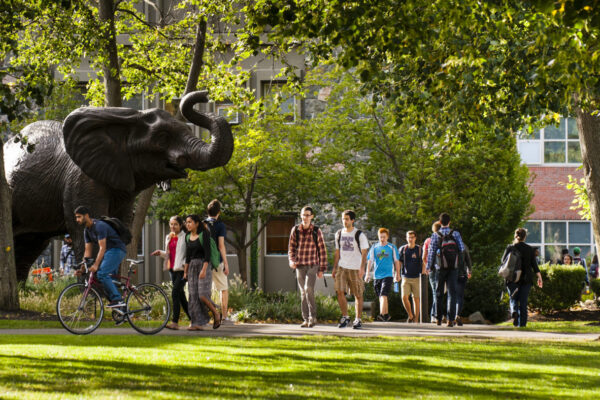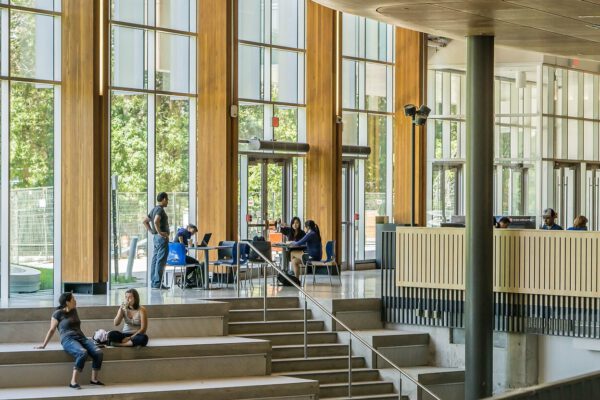Disaggregating Data To Unmask Inequity
Title: Everyone Deserves to Be Seen: Recommendations for Improved Federal Data on Asian Americans and Pacific Islanders (AAPI)
Authors: Anna Byon, (Southeast Asia Resource Action Center (SEARAC)) and edited by Amanda Janice Robertson (Institute for Higher Education Policy)
Source: Institute for Higher Education Policy
A recently released policy brief from the Southeast Asia Resource Action Center (SEARAC) and the Institute for Higher Education Policy (IHEP) argues that the way in which colleges and universities are required to collect and report race and ethnicity data on students often masks areas of inequity. Specifically, the brief calls attention to the broad categories of ‘Asian’ and ‘Native Hawaiian and other Pacific Islander” categories that together comprise at least 25 different sub-categories. The brief presents both student perspectives on race and ethnicity questions and the value of disaggregating such data, as well as examples of how educational outcomes vary between student subgroups.
For example, data from the Census’ 2018 American Community Survey shows that more than half of Asian Americans who were 25 years or older had earned higher than an associate degree. However, disaggregated data revealed that less than 20 percent of Laotian Americans (who would otherwise be reported as Asian in postsecondary data collections) had earned higher than an associate degree.
The brief argues that greater knowledge of these different outcomes would be helpful for both practitioners and policymakers alike, particularly in developing evidence-based policymaking and targeted initiatives. Importantly, the report calls on colleges and universities to lead the way in disaggregating this data instead of waiting for minimally acceptable federal reporting requirements. The brief cites efforts by the University of California (UC) system and University of Hawai‘i campuses, both of which collect disaggregated demographic data from students when they first apply.
To read the brief in full, click here.
—Charles Sanchez
If you have any questions or comments about this blog post, please contact us.


